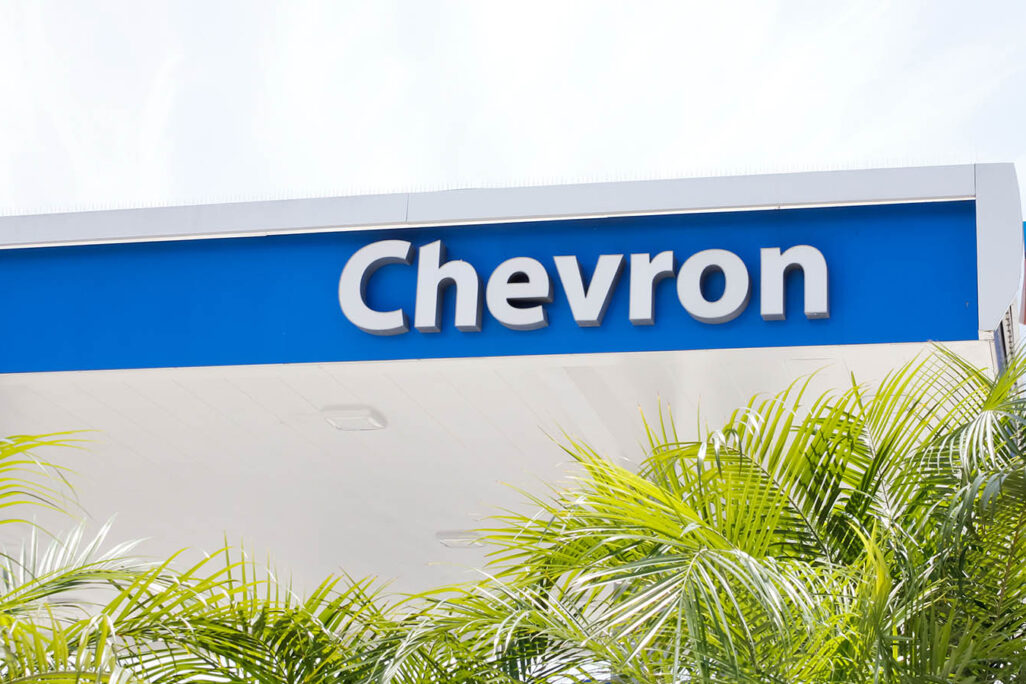
Israeli antitrust officials are investigating Chevron’s decision to go back on an agreement that would have lowered electricity prices for Israeli consumers.
Chevron, a multinational energy corporation that operates in 180 countries, is a newcomer to the Israeli energy industry. Earlier this month, Chevron completed a merger with Noble Energy, the largest of six companies that together monopolize Israel’s domestic supply of natural gas.
Chevron announced on October 4 that it will stop supplying Israel’s state-owned Electric Corporation with natural gas, unless prices remain at $6.40 dollars per BTU. The Israel Electric Corporation (IEC) is by far Israel’s largest supplier of electricity, and is Israel’s largest buyer of natural gas.
Chevron’s decision would roll back a price reduction that the IEC negotiated with energy companies only last month.
In September, the IEC reached an agreement with the majority holders in Tamar, a natural gas field off the coast of Israel in the Mediterranean Sea. The companies agreed to reduce the price of natural gas supplied to the electric company to between $4.40 and $4.37 dollars per BTU. That reduction would have substantially reduced consumer costs.
In response to Chevron’s announcement that the company will not honor the price reduction, the IEC called Noble Energy a threat to Israel’s energy industry.
“[Noble Energy] is holding Israel’s energy supply hostage, and refusing to supply gas at the agreed upon rate with the sole goal of increasing profits,” a representative of the IEC said.
Chevron claims that because the price reduction agreement was signed before its merger with Noble Energy, , it was not party to it and therefore does not recognize it.
The contract between Noble Energy and the IEC includes a clause which allows it to veto any change to the price at which gas is sold to the electric company.
In a letter to the antitrust authorities, the IEC said that the cost difference between Chevron’s demands and the agreement reached with the majority shareholders could translate into hundreds of millions of dollars, which would inevitably be passed on to Israeli consumers.
Chevron has been accused of using aggressive business tactics around the world, most notably in Ecuador, where the company has been repeatedly accused of environmental violations.
"We are at the beginning of the road in Israel, as we build our relationships with our stakeholders there," a statement from Chevron about its merger with Noble Energy read. "After more than 141 years in business, we recognize the value of partnership. We create mutual relationships that are beneficial for the long term, and we intend to do that in Israel as well.”






